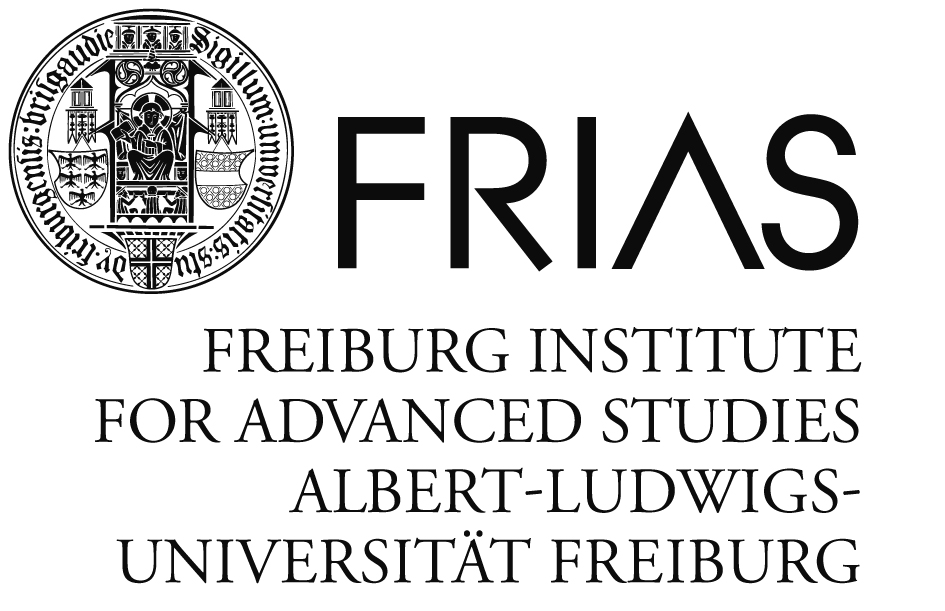Freiburger Horizonte am FRIAS
Seit dem Wintersemester 2014/2015 wird an der Albert-Ludwigs-Universität Freiburg ein neues Vortragsformat mit dem Titel „Freiburger Horizonte“ angeboten. Dieses Format befasst sich mit aktuellen und gesellschaftspolitisch relevanten Themen durch Vorträge, Podiumsdiskussionen und Symposien. Die Freiburger Horizonte sind am FRIAS, dem Freiburg Institute for Advanced Studies angesiedelt.
 | Das FRIAS ist das internationale Forschungskolleg der Universität. Es lädt herausragende Wissenschaftlerinnen und Wissenschaftler aus aller Welt zu einem Forschungsaufenthalt nach Freiburg ein. Das Institut bringt so Wissenschaftler unterschiedlichster Disziplinen zusammen und will damit kreative Denkansätze und interdisziplinäre Zusammenarbeit verbinden und unterstützen. Seit September letzten Jahres förderte das FRIAS unter anderem den Forschungsschwerpunkt „Kooperationskulturen im global vernetzten Südostasien“. Die geplante Podiumsdiskussion im Rahmen der „Freiburger Horizonte“ soll nun zum Ende des Förderungszeitraums den Forschungsschwerpunkt abschließen. |
| Mittwoch 18.11.2015 19 Uhr s.t. Aula, KG I | Towards a Pacific World Order? |
Expectations of a gravitational geopolitical and geo-economic shift from the Atlantic to the Asia-Pacific region are not new. Already in the early 1990s, responding to the region’s unprecedented economic growth rates, pundits forecasted that the twenty-first century will become the Pacific Century. The West, with its liberal normative and political order, was seen as a region in decline, suffering from economic and moral decay. For Asian politicians and intellectuals, not such a liberal order was as a promising response to the forces of rapid globalization, but rather a specific regional order in which Asian values dominated, emphasizing power, authority, hierarchy, leadership, work ethos, personal relations and flexible pragmatism. While the Asian financial crisis of 1997/1998 shattered the belief in Asian values, the surprisingly swift recovery of the crisis-stricken economies and the fast rise of new regional and global powers such as China, India and Indonesia triggered a change of sentiment in the region from doom to boon. Today, the Asia-Pacific region represents nearly 60 percent of global GDP and 47 percent of world trade. Bilateral free trade agreements in the region proliferate, and with the Transpacific Partnership (TPP) and a Regional Comprehensive Economic Partnership (RCEP) major regional trade agreements are under negotiation. In the field of security, uncertainties have increased in the wake of the intensifying rivalry for predominance in the region between a fast rising China and the United States. The American pivot (or rebalancing) to the Asia-Pacific, the strengthening of US military capabilities in the Pacific and the growing tensions in the South and East China Seas, are all harbingers of major changes in the global order. In this panel discussion, FREIBURGER HORIZONTE will revisit the Pacific Century thesis and discuss how the ongoing changes in the Asia-Pacific region impact global politics and a world order in flux, and what this specifically means for the great powers (USA, China, India), ASEAN, the EU and German foreign policy towards the region. Auf dem Podium: |
| Prof. Dr. Amrita Narlikar (President of the German Institute of Global and Area Studies (GIGA), Hamburg) Dr. Michael Reiterer (Principal Advisor, Asia and Pacific Department, EEAS - European External Action Service, Brussels) Prof. Dr. Jürgen Rüland (Chair for International Relations, Department of Political Science, Albert-Ludwigs-Universität Freiburg, Freiburg im Breisgau) Dr. Volker Stanzel (Senior Advisor, European Council on Foreign Relations, Berlin) |
Moderation: |
| Robert Hetkämper (Journalist, ehem. Leiter des ARD-Studios Singapur) |

